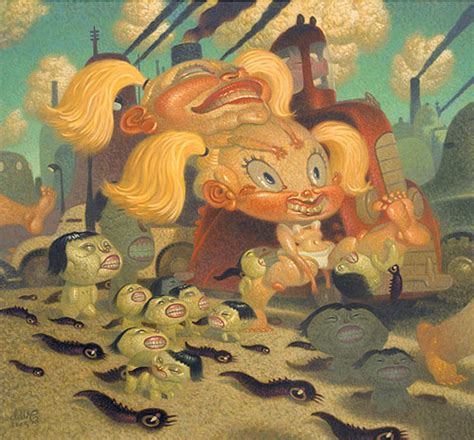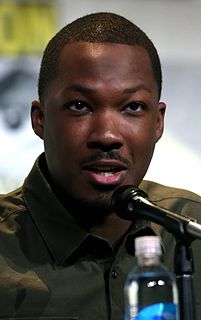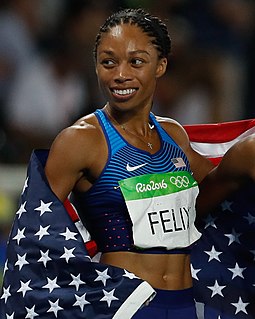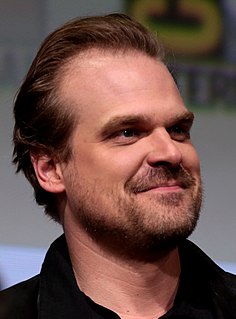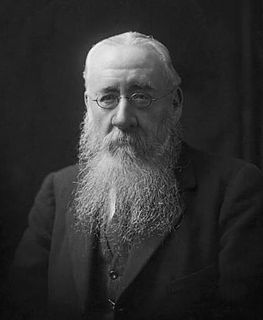A Quote by Claire Messud
I was in my senior year of high school when I read 'Notes From Underground' by Dostoyevsky, and it was an exhilarating discovery. I hadn't known up until that moment that fiction could be like that. Fiction could say these things, could be unseemly, could be unsettling and distressing in that particular way, that immediate and urgent way.
Related Quotes
Life, my dear Watson, is infinitely stranger than fiction; stranger than anything which the mind of man could invent. We could not conceive the things that are merely commonplace to existence. If we could hover over this great city, remove the roofs, and peep in at the things going on, it would make all fiction, with its conventionalities and foreseen conclusions flat, stale and unprofitable.
I created a paradigm by which I could succeed, and up until recently it was the only way I could do it. I could not take the brunt of standing in the light of my own work. There was a Faustian bargain I could not make. I could have you mock me for wearing funny clothes that I could deal with. But I couldn't deal with actually standing in the light of my own musical power. That's the difference now. It's like, okay, no more of that, you're done.
But he could not taste, he could not feel. In the teashop among the tables and the chattering waiters the appalling fear came over him- he could not feel. He could reason; he could read, Dante for example, quite easily…he could add up his bill; his brain was perfect; it must be the fault of the world then- that he could not feel.
It's difficult to make movies. For me it was easier, as a refugee in Switzerland, to make documentary films, because I didn't need a lot of money for it. The way I tell my story or my opinion would be very similar in both fiction and documentary forms. But I found I could speak more effectively to convey this brutal reality through documentary than I could through fiction.
In high school, I had a teacher there who was really great to me and with whom I finally dared to admit I wanted to be a writer myself, and we did a project where I wrote terrible, 17-year-old fiction. But I remember a couple of the stories. I'd love it if I could read with pride something that I wrote that long ago, but it hasn't happened yet.
A snappy label and a manifesto would have been two of the very last things on my own career want list. That label enabled mainstream science fiction to safely assimilate our dissident influence, such as it was. Cyberpunk could then be embraced and given prizes and patted on the head, and genre science fiction could continue unchanged.
It had also been my belief since I started writing fiction that science fiction is never really about the future. When science fiction is old, you can only read it as being pretty much about the moment in which it was written. But it seemed to me that the toolkit that science fiction had given me when I started working had become the toolkit of a kind of literary naturalism that could be applied to an inherently incredible present.



